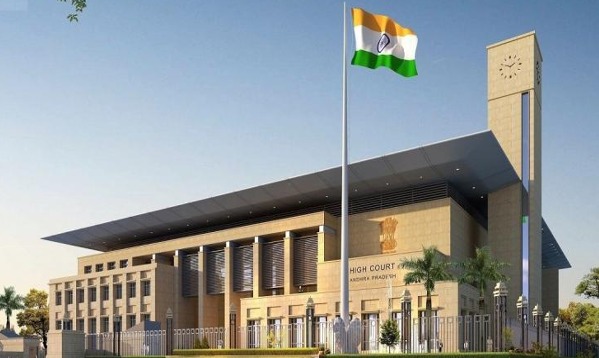
The Andhra Pradesh High Court has stated recently that a mere allegation of harassment, without intention on part of the accused to encourage the deceased to commit suicide would not constitute abetment to suicide charge.
A single bench of Justice R.Raghunandan Rao stated that, “One common thread (to constitute abetment to suicide) is the requirement of intentionally pushing the deceased to commit suicide. Mere harassment would not amount to an offence under Section 306 of the Indian Penal Code”.
Background
In August 2016, the deceased allegedly committed suicide by writing a suicide note that included a list of creditors who she claimed had been bothering her for money return.
The note indicated unequivocally that the reason for her death was the unbearable harassment from these creditors. In addition, the petitioners, a husband and wife, were expressly mentioned in the same suicide note.
The petitioners request the bench to dismiss the case under Section 482 of the Code of Criminal Procedure, 1973.
The petitioners’ counsel argued that they had not committed an offense under Section 306 of the IPC in any way.
After hearing the plea, the bench referred to C.B.I. vs. V.C. Shukla, in which the Supreme Court emphasized that a person can only aid suicide by positive acts of assisting in obtaining the material required for suicide.
The High Court held that in the current case, the petitioners were accused of harassing the deceased lady in order to recover loans and advances made by them.
There are no details about the alleged harassment other than the fact that the deceased expressed it in her suicide note. In the circumstances, the sole complaint leveled against the petitioners is one of general harassment in order to reclaim their money. Such harassment would not come under Clauses 1 and 2 of the aforementioned understanding of the term “abetment.” Clause-3 requires the petitioners to intend to incite the deceased person to commit suicide.
The single bench remarked that there is no accusation against the petitioners of doing anything to encourage the dead lady to commit suicide.
“All of the judgments mentioned by the expert counsel for the petitioners had gone into various aspects of what would constitute aiding and abetting suicide.” The requirement to purposefully push the deceased to commit suicide is one recurrent thread. “Mere harassment would not constitute an offense under Section 306 of the Indian Criminal Code,” the bench noted.
In view of the foregoing, the Court determined that the allegations in the charge-sheet do not establish a case of abetment by the petitioners under Section 306 of the IPC, and so the Criminal Petition is approved.




